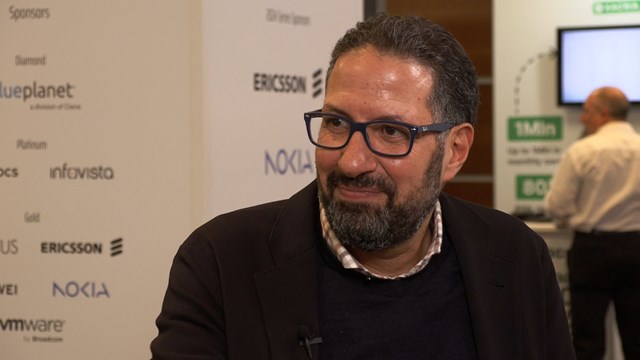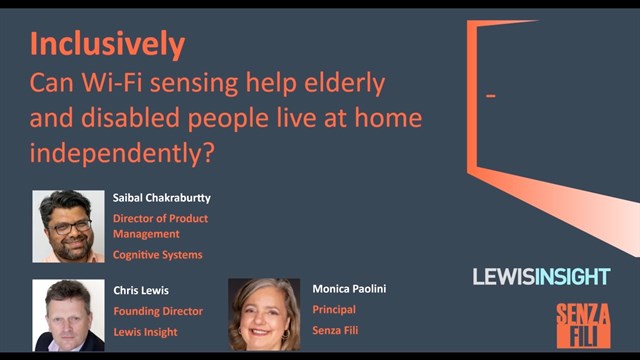- 2017-03-14

The Netherlands is heading for a false start in the roll-out of 5G, because proposed Dutch spectrum policy is inconsistent with European developments and insufficient spectrum will be made available. The leading position of the Netherlands in the field of mobile connectivity is at stake if the Dutch government doesn’t change its mobile spectrum policy. This is part of KPN’s response to the memorandum on future Mobile Communications from Mr Kamp, the Dutch Minister of Economic Affairs.
At present, the Netherlands has a leading place in the EU’s transition towards a digital economy and society. The Netherlands ranks first in Europe in terms of connectivity (fixed and mobile broadband) in the EU’s 2017 Digital Economy and Society Index (DESI). Moreover, the mobile networks in the Netherlands rank amongst the best in the world, according to OpenSignal.
But, when it comes to making spectrum available for next generation mobile communication, Dutch policy lags far behind. Elsewhere in Europe and also in Asia and the US, additional momentum is being created by governments making additional spectrum available, whereas Dutch policy makes different choices and decisions are deferred.
KPN is particularly concerned about the uncertainty surrounding availability of the 3.5 GHz band (3400-3800 MHz). The EU designated this band for the launch of 5G, and it will be the only band in Europe for ultrahigh data speeds and mission critical services for several years. In the Netherlands, due to the satellite station in Burum, the potential use of the 3.5 GHz band is extremely limited and there are no plans yet to make this band available for mobile communication.
In addition, KPN objects to the proposal to withdraw an amount of 2 x 10 MHz of spectrum currently available for mobile communication. This marks an alteration to the current policy upon which operators have rolled out their networks, and it is also contrary to international frequency harmonization agreements and EU spectrum policy.
KPN believes that Dutch spectrum policy will only be successful if it is in line with international spectrum harmonization agreements and consistent with European Union spectrum policy. The Dutch legislation should be aimed at maximizing the economies of scale from global technological standardization and from spectrum harmonization. KPN therefore recommends that the 3.5 GHz band should be made available for mobile communication as soon as possible.
Unless the spectrum policy is improved, 5G development in the Netherlands will significantly lag other EU countries. This will result in significant delays and higher costs to fulfil ambitions such as autonomous driving, digital innovations in the Dutch industry, and building Smart Cities of the future.
Email Newsletters
Sign up to receive TelecomTV's top news and videos, plus exclusive subscriber-only content direct to your inbox.



